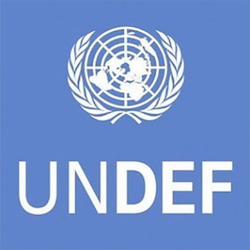Hélène LANDEMORE, Yale University, Connecticut
Prepared for Presentation at the Annual Convention of the American Political Science Association, Toronto, Canada, September 3-6, 2009.
The idea of collective wisdom—that is, the view that many heads can be smart and are in general better than one—is at least as old as Aristotle’s Politics, if not older (Aristotle himself borrows the view that many heads are better than one and that this is why democracy is a good thing from the Sophists.) One might argue that this idea is at the core of any collective endeavor, perhaps any society.
People flock together because they know they can achieve more as a group than they could on their own, and they make decisions collectively because they believe that the expected quality of such decisions will be, on average, smarter than the expected quality of those that only one of them would make on their behalf. The opposite view, however, which denounces “the madness of crowds” (Charles Mackay 1841) and claims that “too many cooks spoil the broth” is just as established. In politics at least, from Plato to contemporary elitist democrats, the view of the many as incapable of self-rule, let alone any kind of smart decision-making, is dominant.
In recent years, however, the idea of group intelligence applied to societies has been revived by publications such as Howard Rheingold’s (2003) Smart Mobs, James Surowiecki’s (2004) Wisdom of Crowds: Why the Many are Smarter than the Few and How Collective Wisdom Shapes Business, Economies, Societies, and Nations, or Cass Sunstein’s (2006) Infotopia: How Many Minds Produce Knowledge. In parallel, and independently, democratic theory has seen a small group of self-labeled “epistemic democrats” reconnect, generally within the more mainstream paradigm of “deliberative democracy,” the idea of democratic authority and the ability of democratic institutions to produce good collective decisions (e.g., Estlund 1997 and 2008, Goodin 2003 and 2008). All the while, formal theorists had rediscovered the Condorcet Jury Theorem and both literature quickly connected about the question of its relevance for democracy (see the debates in Grofman, Feld, and Waldron 1989 for example). Most recently Josiah Ober has argued that Ancient Athens had epistemic properties that made it capable of aggregating and processing information more efficiently than rival city-states (Ober 2009).

